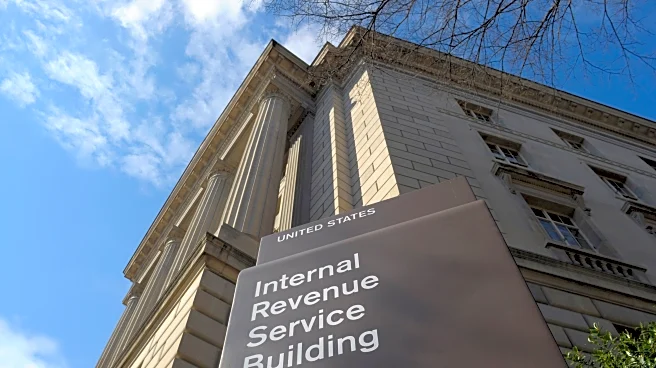What's Happening?
The Trump administration's deportation of immigrant crime victims with pending U-Visa applications has led to a lawsuit in California. The U-Visa program is designed to protect victims of crimes like domestic
violence and human trafficking, allowing them to stay in the U.S. legally. However, the administration's policy has resulted in deportations despite pending applications, affecting nearly half a million immigrants. Lawyers argue this policy violates legal standards meant to protect victims, while the Department of Homeland Security defends the deportations as lawful.
Why It's Important?
This legal challenge highlights the tension between immigration enforcement and the protection of vulnerable populations. The administration's actions could deter crime victims from reporting offenses, undermining public safety and trust in law enforcement. The case also raises questions about the balance between immigration control and humanitarian obligations. The outcome could influence future immigration policies and the treatment of crime victims seeking protection in the U.S.
What's Next?
The lawsuit may lead to changes in how immigration authorities handle cases involving crime victims. If successful, it could result in policy revisions to ensure better protection for those with pending U-Visa applications. The case may also prompt legislative action to address the backlog and processing delays in the U-Visa program. Advocacy groups are likely to continue pushing for reforms to safeguard immigrant rights and ensure fair treatment under the law.











